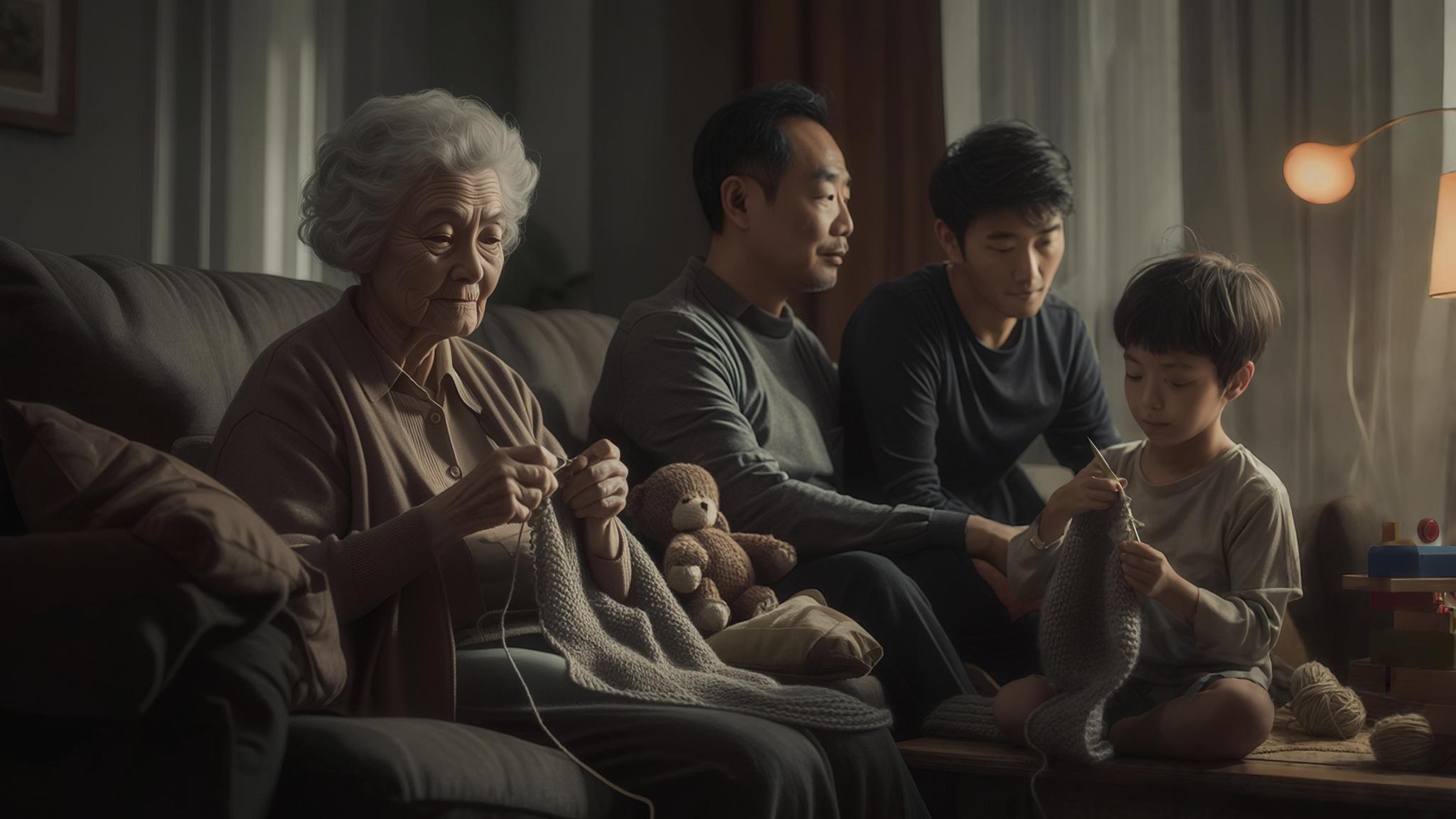Understanding the Complexity of Family Relationships
Family relationships are intricate webs of connections, emotions, and obligations that shape our individual identities and life paths. The narratives woven within these relationships often reveal profound truths about love, sacrifice, and the responsibilities that bind us.
The Making of Unexpected Bonds
Imagine a tale where two young individuals from disparate backgrounds unexpectedly form a bond that challenges societal norms and expectations. In such narratives, familial responsibilities often strain romantic connections, escalating tensions that can shape the futures of both individuals involved. The struggles faced by these characters push the boundaries of love, testing the very essence of their relationships.
The Impact of Past Decisions on Present Relationships
Historical decisions echo throughout these relational landscapes, influencing present circumstances. Children often inherit the consequences of their parents' actions, establishing a cyclical nature of choices and accountability. As one character navigates familial history riddled with complexities—such as abandonment or socio-economic disparities—they grapple with their sense of identity and belonging.
Confrontations with Societal Expectations
In many instances, societal expectations complicate personal decisions within family structures. Characters find themselves torn between familial duties and personal desires, illustrating the ongoing battle between traditional values and modern aspirations. This conflict inevitably leads to difficult conversations and painful revelations that can redefine familial loyalty.
The Trauma of Separation
Separation often manifests in family dynamics, whether through divorce, conflict, or social stigmas. The trauma resulting from these separations can lead to emotional upheaval within individuals. Characters learn to cope with abandonment and disillusionment, leading to deeper explorations of their emotional resilience. They often struggle to reconcile their love for family members who may have hurt them, adding layers to their relationships.
Sacrifice as a Common Thread
Throughout such narratives, sacrifice emerges as a dominant theme. The lengths to which characters go for their loved ones can reveal both fervent devotion and tragic consequences. Whether it’s a character choosing to step back from a romantic relationship to protect a familial bond or another sacrificing personal happiness for family stability, these choices highlight the often-painful reality of responsibility.
The Search for Identity
Characters within these stories embark on a journey to understand their own identities amid the chaos. As they face familial expectations and personal aspirations, they are forced to confront their true selves. Such journeys often reveal the complexities of love—how it can motivate or hinder personal growth, shape futures, and define relationships.
Bridging the Gap Between Generations
The dynamics between parents and children also play a crucial role in navigating these narratives. Questions of legacy, understanding, and the desire for validation emerge as characters from different generations attempt to connect. The resistance of one generation to fully accept the nuances of societal change is met with the younger generation's pursuit of freedom and self-definition.
Conclusion: A Tapestry of Relationships
In this intricate tapestry of relationships, the emotional depths explored remind us that love, responsibility, and identity are far from linear. The complexity of family dynamics encompasses joy, pain, sacrifice, and ultimately, a quest for understanding and belonging. As one navigates this terrain, they realize that the journey is as significant as the culmination of events, forever altering the fabric of their family ties.
Through these rich narratives, the profound impacts of emotional connections and societal pressures reveal new dimensions in our understanding of love and family.




